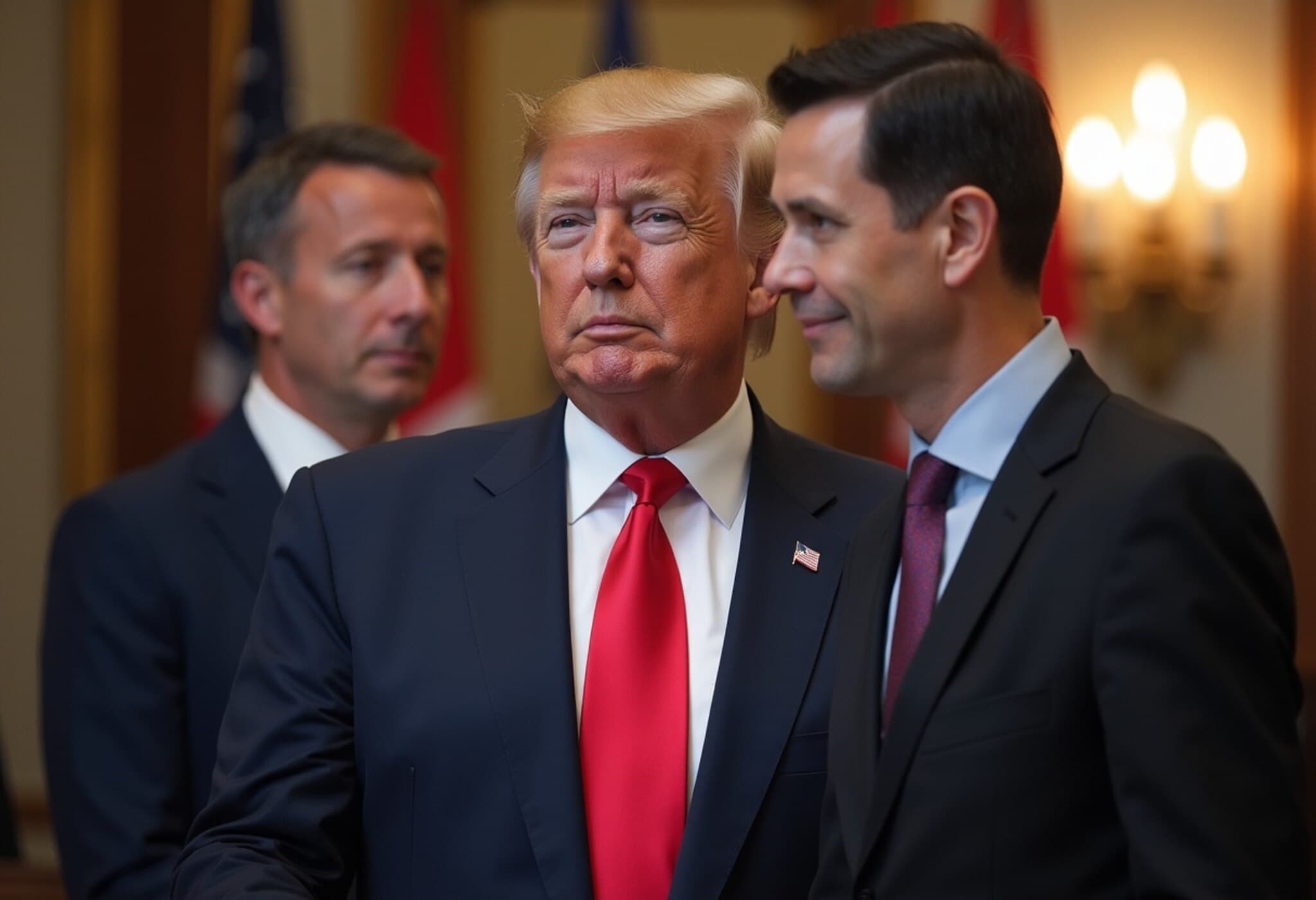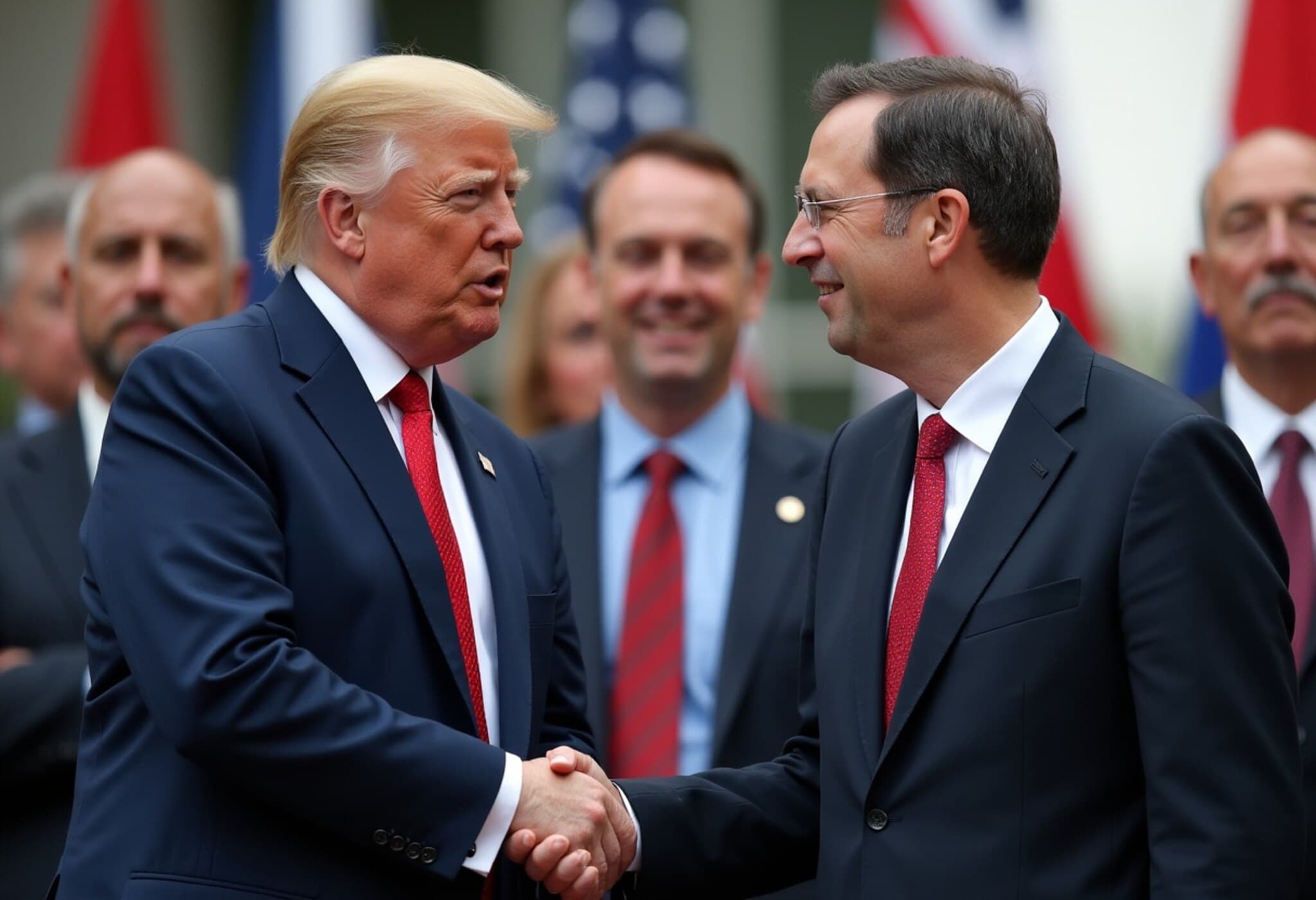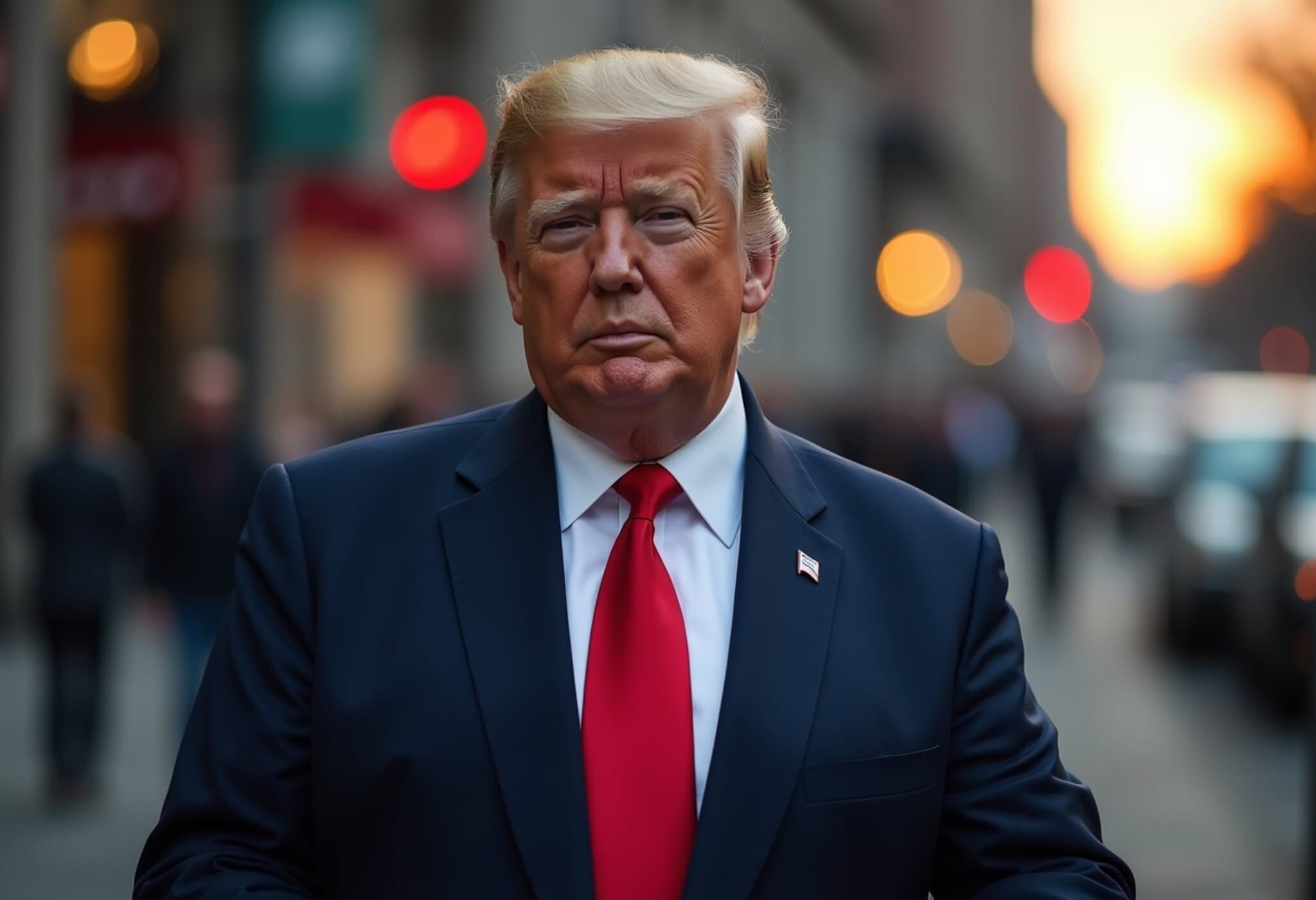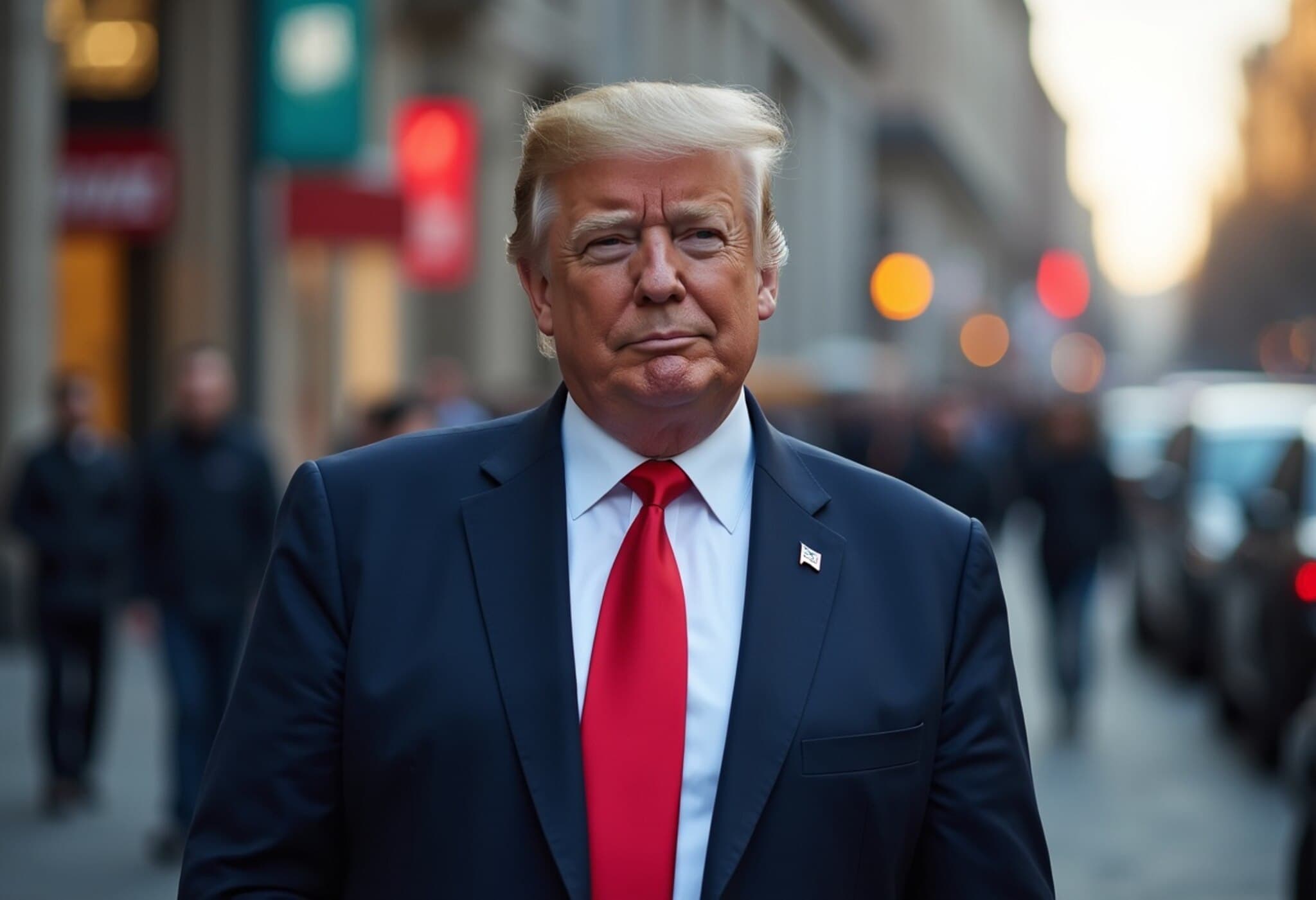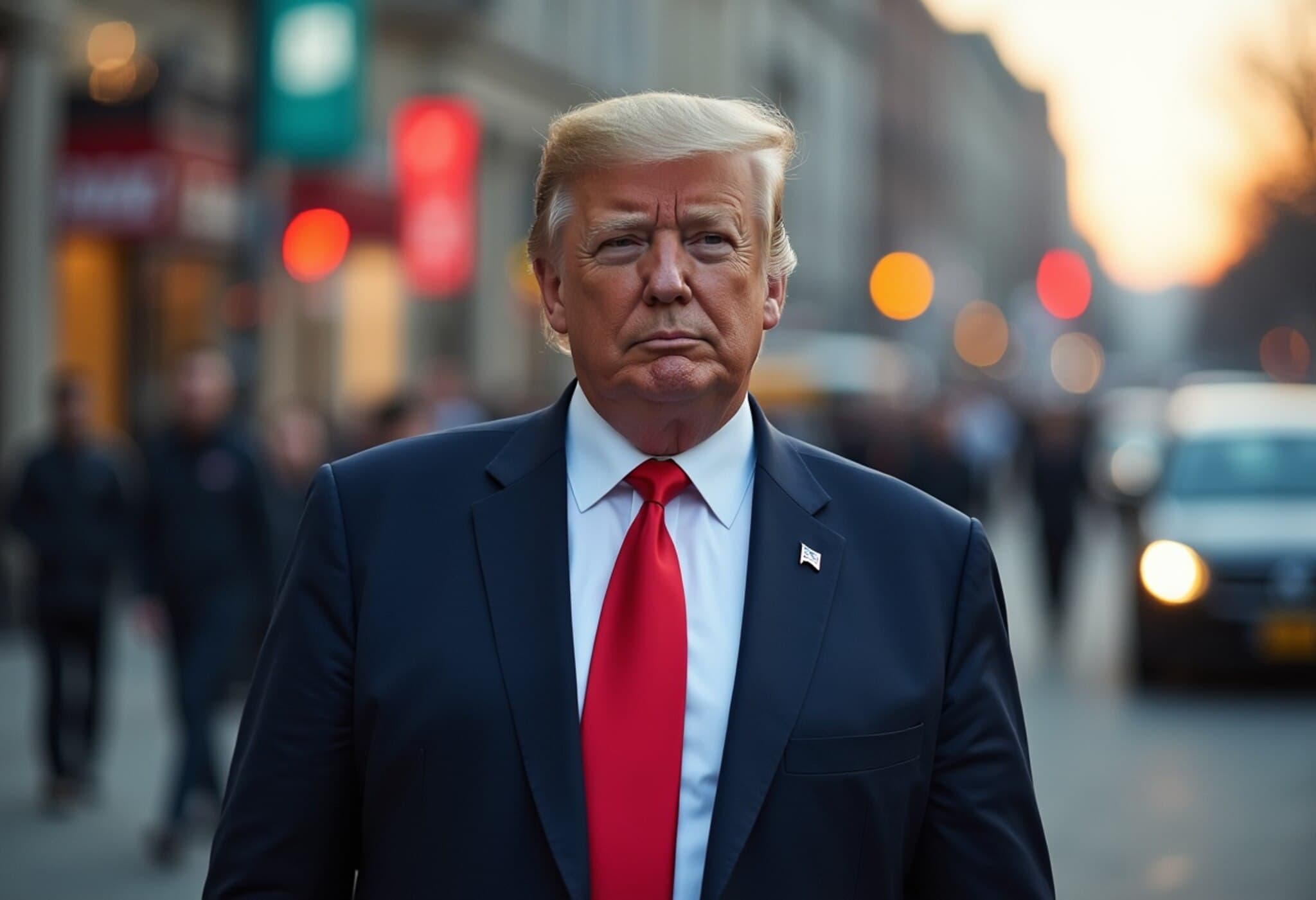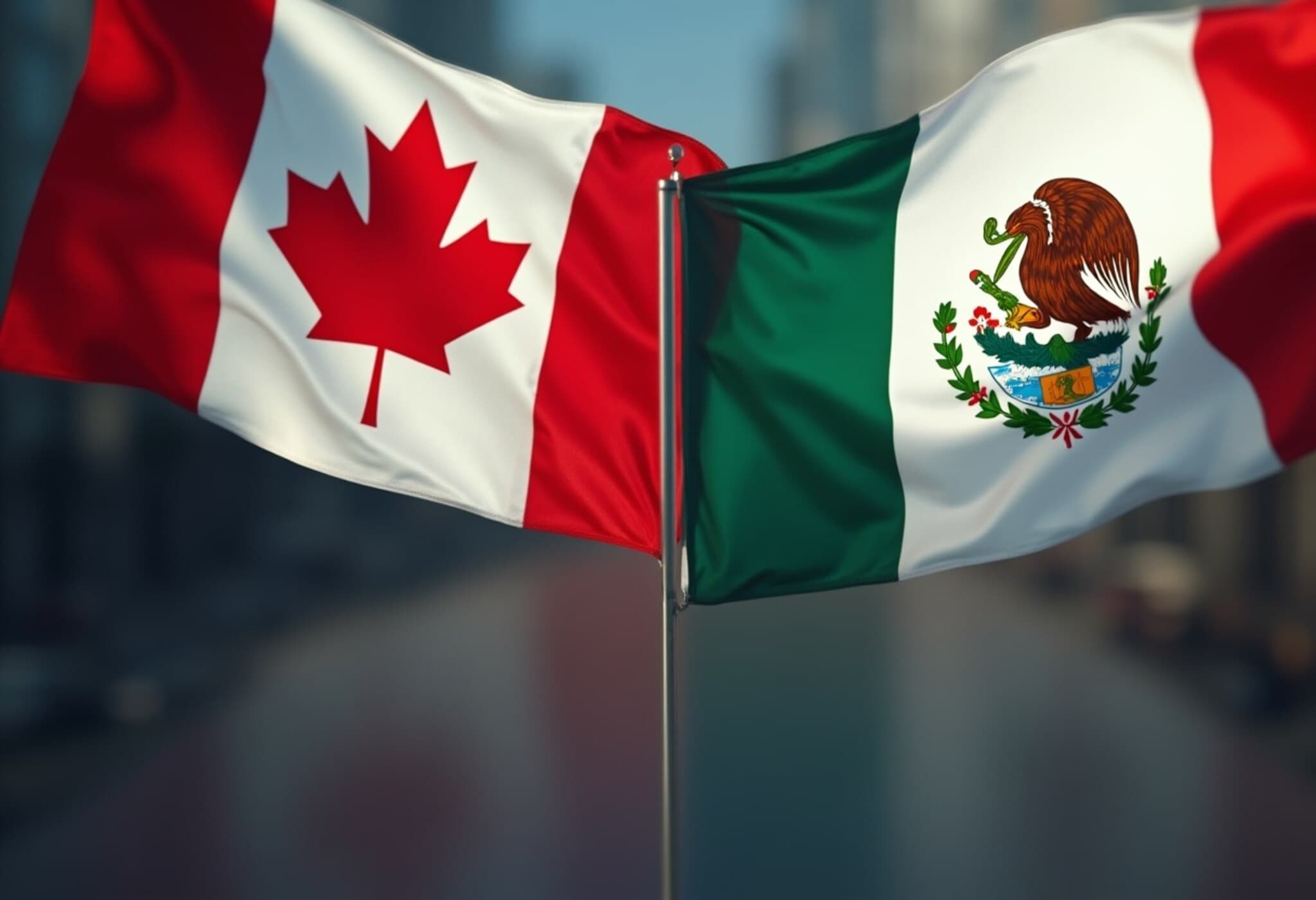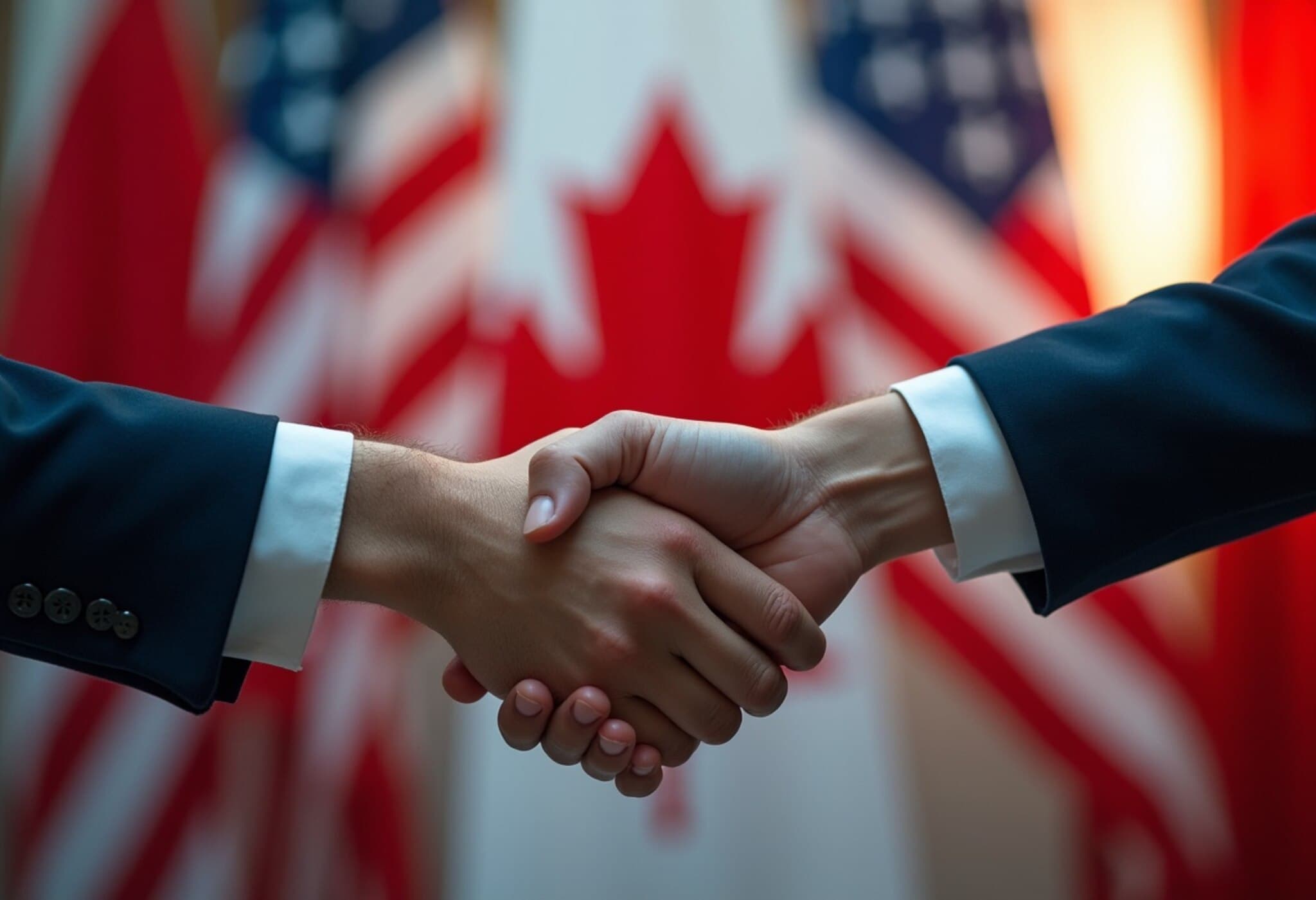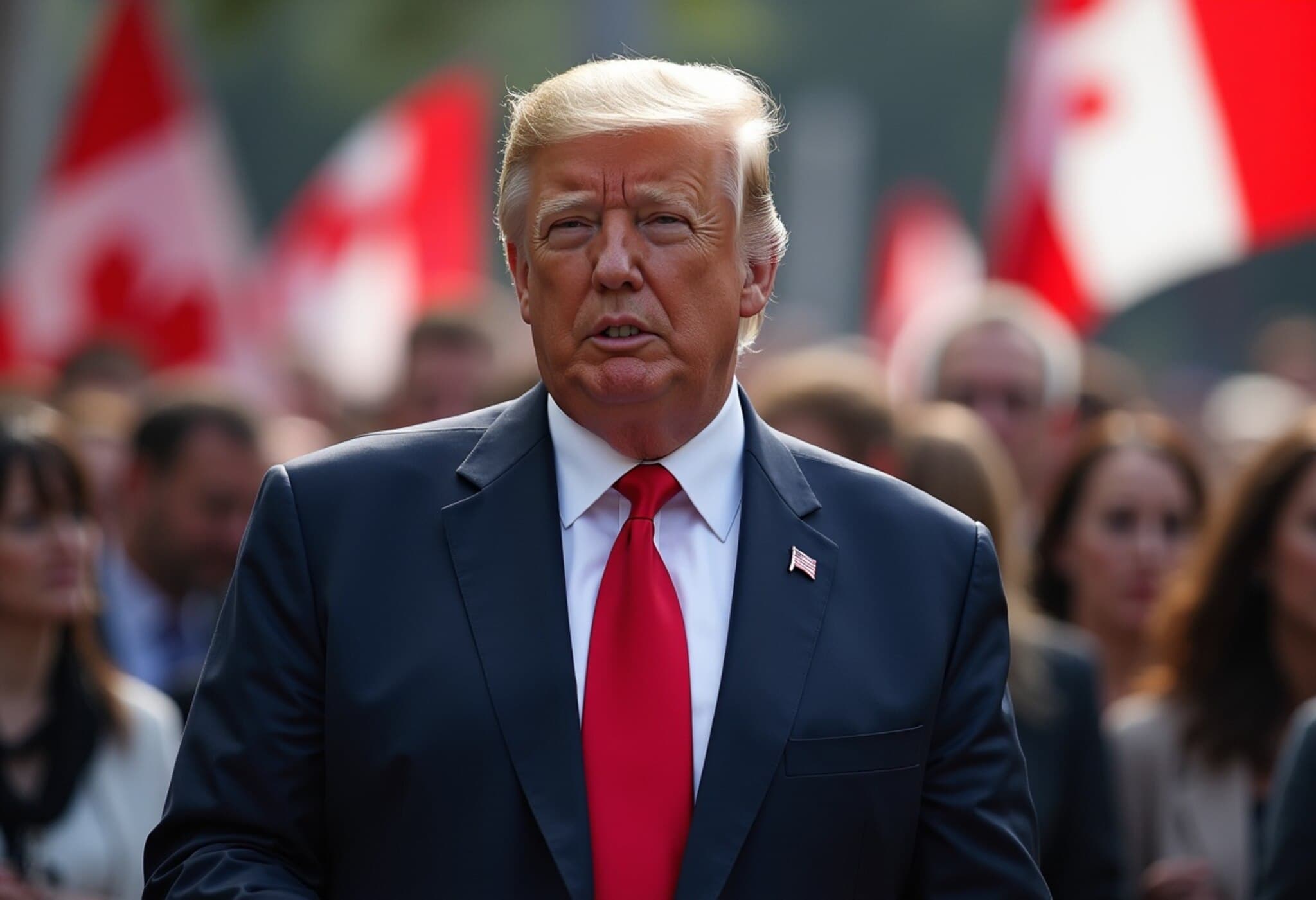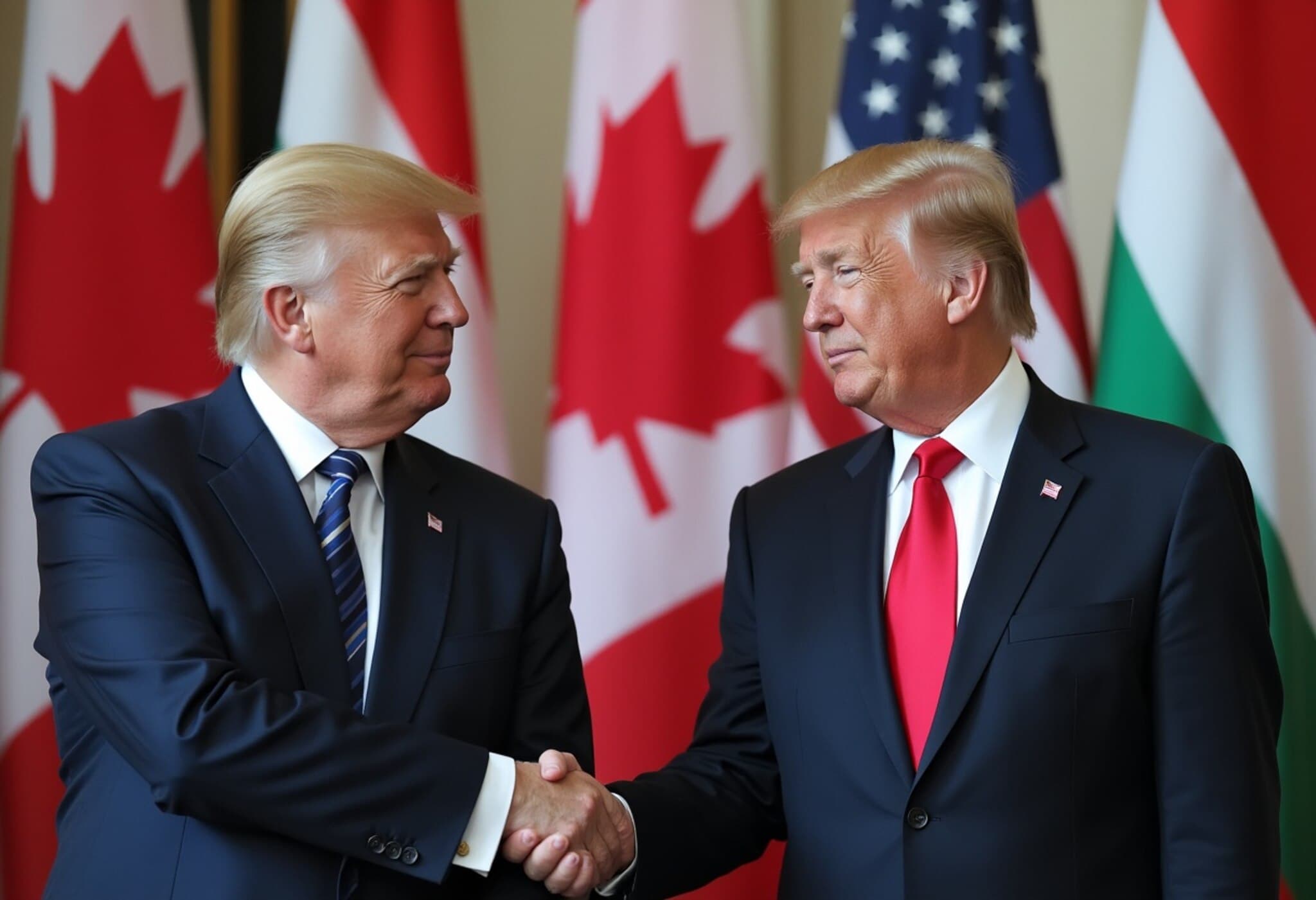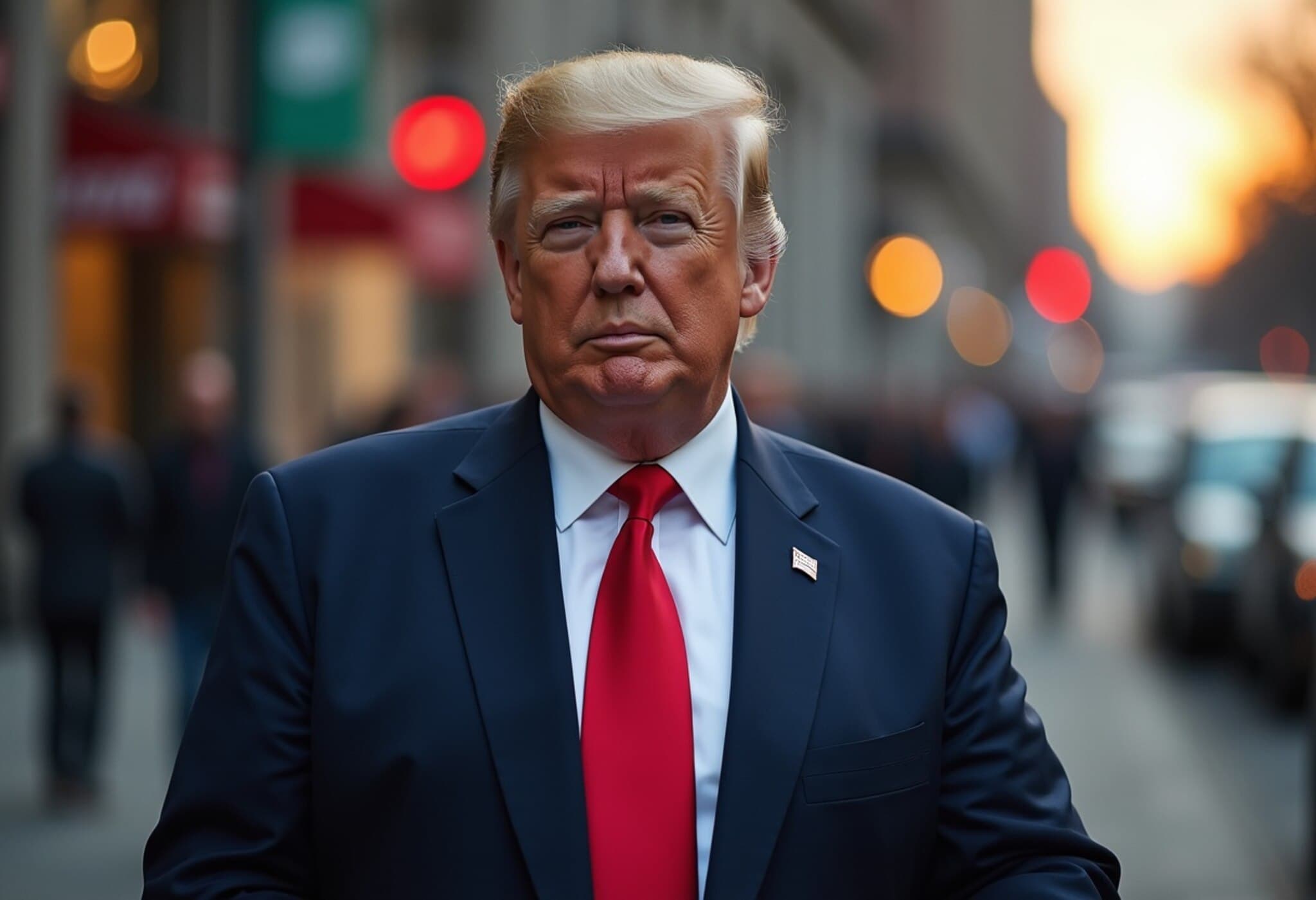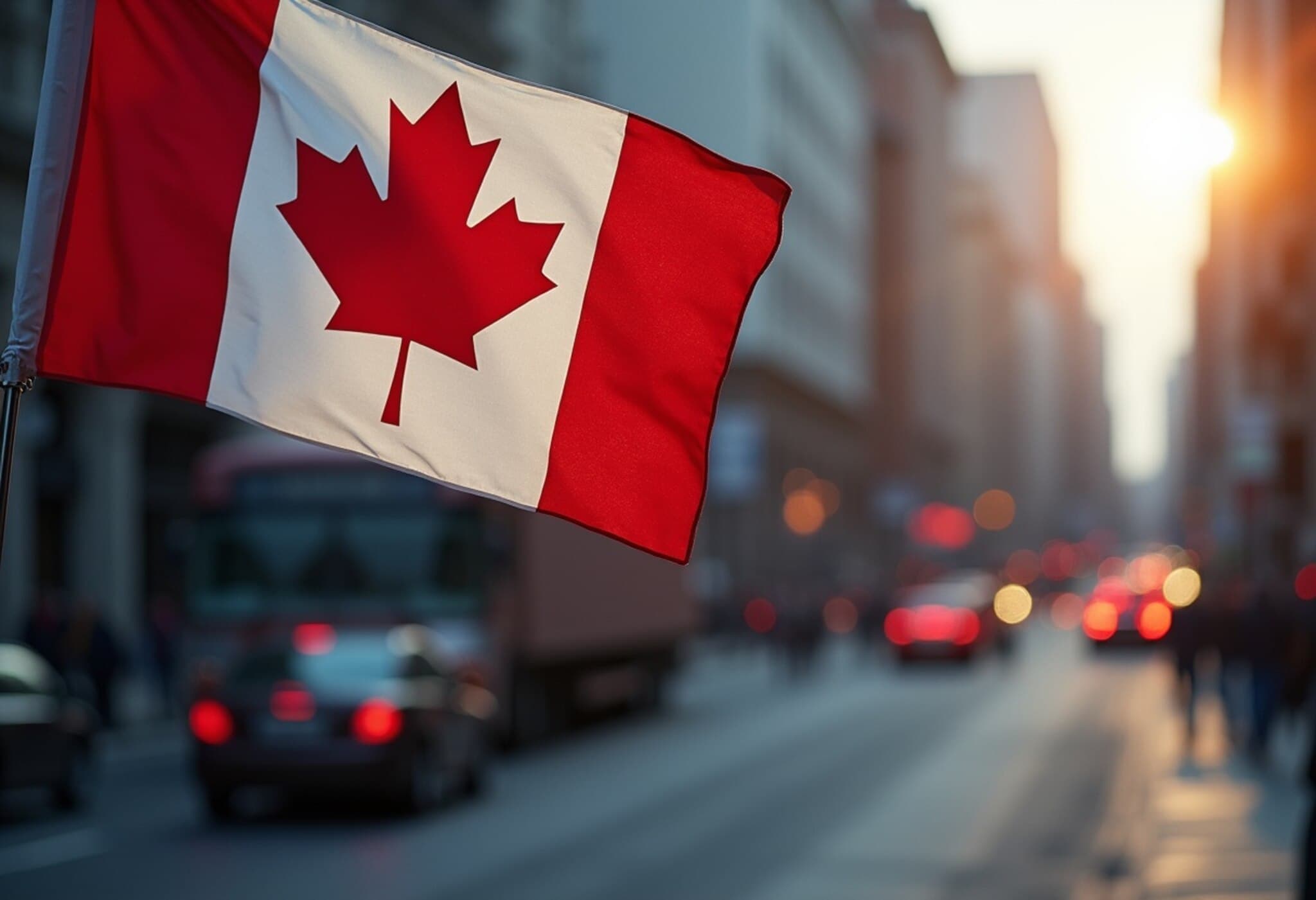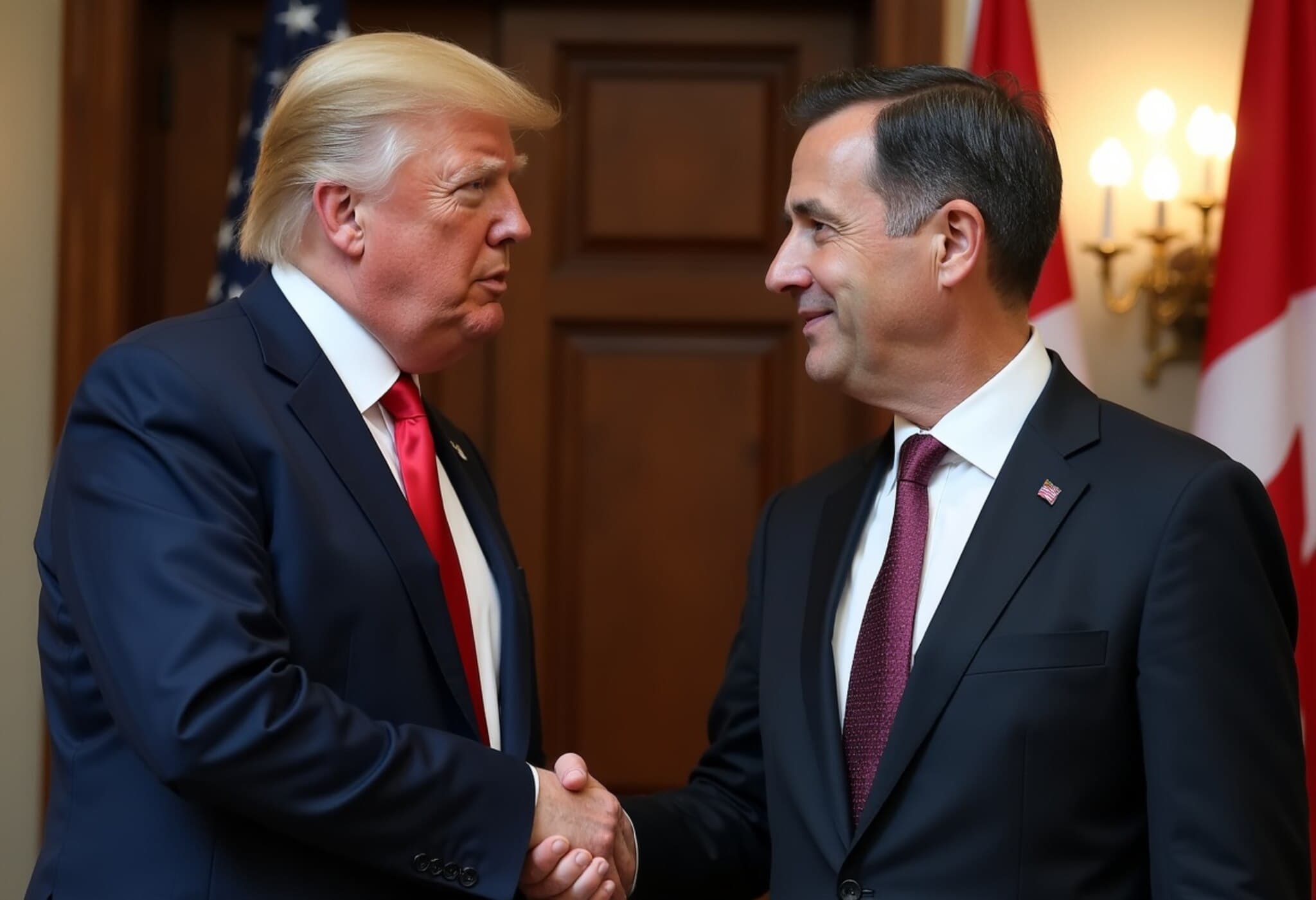Canada-U.S. Trade Talks: Balancing Goodwill Amidst Trade Turbulence
In the complex and often unpredictable landscape of U.S.-Canada trade relations under President Donald Trump, the cordial rapport between the United States and its northern neighbor stands in stark contrast to the underlying market volatility and shifting policies. Despite the amiable exchanges between President Trump and Canada’s new Prime Minister Mark Carney—who has been dubbed the “Trump whisperer”—the trade negotiations have been anything but smooth sailing.
The Human Element: Good Vibes Versus Reality
Mark Carney stepped into the prime ministerial role at a pivotal moment, navigating cross-border trade talks that have drawn international attention. His relationship with President Trump has been notably warm and professional, exemplified during encounters such as the Group of Seven summit in Kananaskis, Alberta. This rare display of goodwill created a hopeful atmosphere that suggested progress toward a fair trade deal was within reach.
However, as the weeks progressed, the underlying tensions stemming from broader political measures began to surface. Within three weeks, initial optimism gave way to abrupt delays, a brief suspension of talks, and yet another postponed meeting scheduled for July 21.
Trade Tariffs: The Stark Reality Behind Friendly Meetings
Canada, the United States’ largest trading partner and a vital defense ally, found itself squarely in the path of President Trump’s sweeping tariffs from the outset of his administration. These tariffs targeted Canadian goods alongside those from Mexico, sending ripples of uncertainty through economies on both sides of the border.
Behind the trade measures were controversial and widely challenged claims made by President Trump involving Canada’s role in the influx of fentanyl and illegal immigration into the U.S. These assertions, along with the provocative notion of annexing Canada as the 51st state, have exacerbated diplomatic strain and raised eyebrows among policy experts.
From Trudeau to Carney: A Shift in Tone but Not in Tension
Relations between Trump and Canada’s former Prime Minister Justin Trudeau were notably contentious, setting a challenging tone for future dialogues. With Carney's entrance and a renewed approach to diplomacy, there appeared to be a thawing of previously icy relations. Yet, despite this improved interpersonal chemistry, the fundamental economic disputes remained unresolved.
The key takeaway for stakeholders is that while positive personal dynamics between leaders can facilitate dialogue, they cannot single-handedly resolve deep-seated policy disagreements and economic realignments. The ongoing tariff disputes underscore the complex reality of modern trade talks, which are influenced by domestic politics, economic interests, and geopolitical strategy.
Expert Insights: What Lies Ahead for North American Trade?
- Economic Experts warn that prolonged uncertainty in trade relations could hamper investment and market stability, particularly in industries heavily reliant on cross-border supply chains.
- Policy Analysts stress the importance of moving beyond rhetoric and fostering a structured negotiation framework that addresses core disagreements on tariffs, immigration, and border security in a comprehensive manner.
- Legal Perspective highlights that the invocation of tariffs based on national security claims must withstand scrutiny under international trade laws, raising potential challenges within the World Trade Organization.
From an American standpoint, the administration's willingness to challenge long-standing trade agreements reflects a broader pivot towards protectionism and a reevaluation of globalization's benefits and risks.
Looking Forward: Navigating Uncharted Trade Waters
As the July 21 negotiation deadline approaches, stakeholders on all sides await tangible outcomes. The diplomatic dance between Trump and Carney illuminates the essential truth that personal rapport, while valuable, is no substitute for substantive policy agreement.
Canada’s experience serves as a microcosm of larger global trade tensions in an era where traditional alliances face renewed pressures from shifting political ideologies and economic nationalism.
Editor’s Note
While the diplomatic goodwill between leaders can soften public perception, Canada's ongoing trade challenges under the Trump administration reveal the multifaceted complexity of international negotiations. Readers should consider how domestic political narratives influence economic policies and the broader implications for bilateral alliances that have long underpinned North American prosperity.
As this story evolves, it raises critical questions about the durability of trade partnerships in a world increasingly marked by protectionist impulses and the role of leadership personalities versus policy substance in shaping outcomes.

